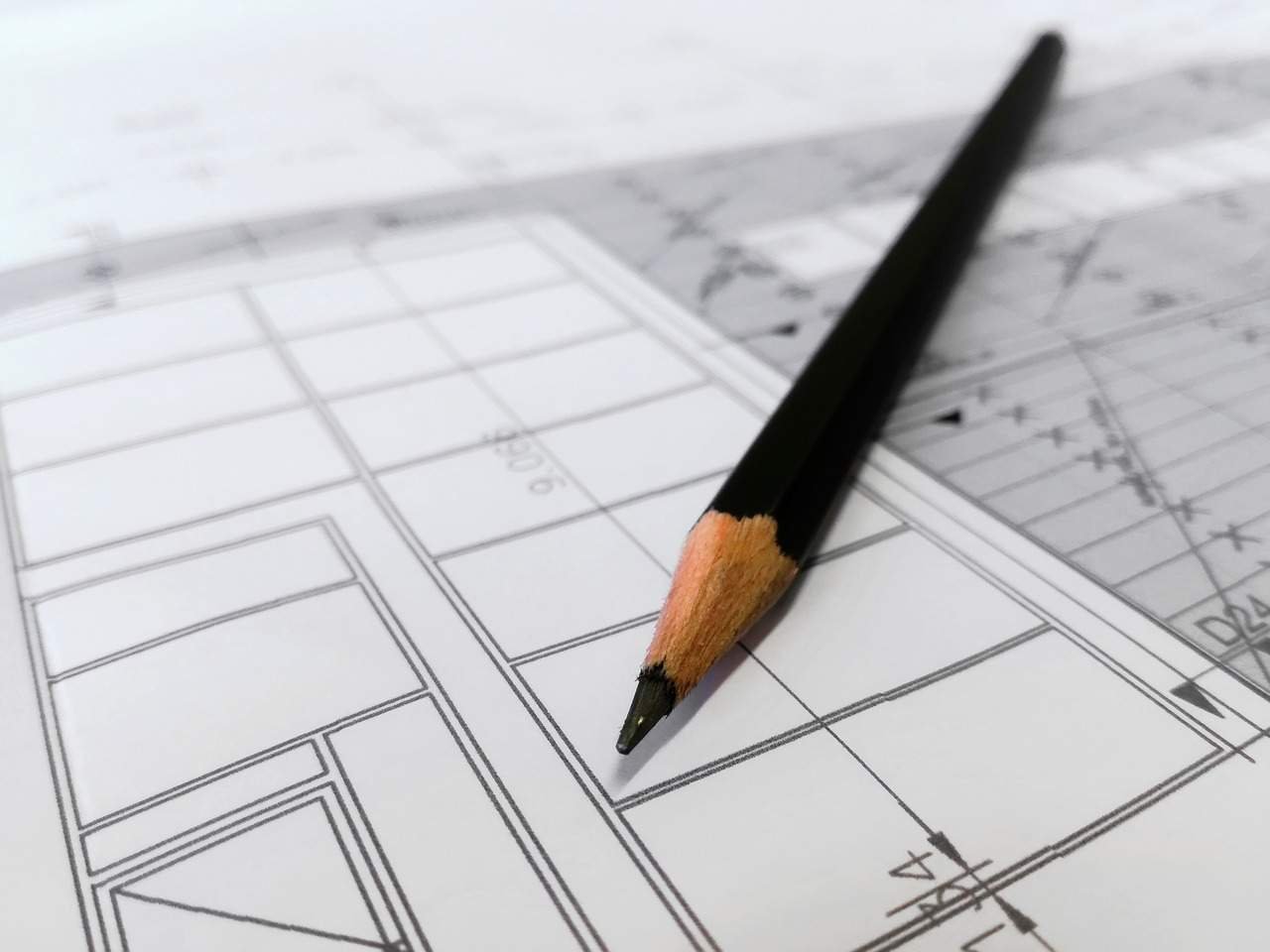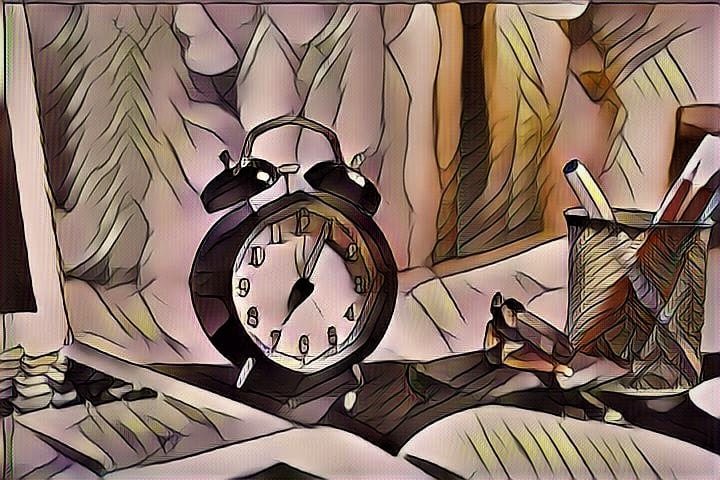Production Planning: Meaning, Definition, Levels, and Objectives…Production planning is concerned with deciding in advance what is to be produced when to be produced, where to be produced and how to be produced. It involves foreseeing every step in the process of production to avoid all difficulties and inefficiency in the operation of the plant.
Production planning has been defined as the technique of forecasting or picturing ahead every step in a long series of separate operations, each step to be taken in the right place, of the right degree, and at the right time, and each operation to be done at maximum efficiency.
In other words, production planning involves looking ahead, anticipating bottlenecks and identifying the steps necessary to ensure the smooth and uninterrupted flow of production. It determines the requirements for materials, machinery, and man-power; establishes the exact sequence of operations for each item and lays down the schedule for its completion.
Definition of Production Planning:
Production planning involves how a manufacturing plan is determined, information issued for its execution, data collected and recorded, which will enable the plant to be controlled through all its stages. A few definitions are given here to have a clear understanding of the term “Production Planning”.
According to Kim bait and Kimball Jr. as;
“The planning of industrial operations involves four considerations, namely, what work shall be done, how the work shall be done and lastly when the work shall be done.”
According to Alford and Beatty as;
“The technique of forecasting or picturing ahead every step in a long series of separate operations, each step to be taken in the right place of the right degree and at the right time and each operation to be done at maximum efficiency.”
According to Bethel, At Water. Smith as;
“Production planning is a series of related and co-ordinated activities performed by not one but several different departmental groups, each activity being to systematize in advance the manufacturing efforts in its area.”
By studying the above mentioned definitions it can be said that production planning is concerned with thinking in advance what is to be produced, how it is to be produced and by what time should it be produced?
Levels of Production Planning:
Production planning can be done at three levels namely Factory Planning, Process Planning and Operation Planning which are as follows:
Factory Planning:
At this level of planning, the sequence of work tasks is planned in terms of building machines and equipment required for manufacturing the desired goods and services. The relationship of workplaces in terms of departments is also planned at this stage took into consideration the space available for the purpose. This stage deals with plant location and layout.
Process Planning:
There are many operations involved in factory planning for transforming the inputs into some desired end product. In process planning these operations are located and the sequence of these operations in the production process is determined, Plans are also made for the layout of work centers in each process.
Operation Planning:
It is concerned with planning the details of the methods required to perform each operation viz. selection of work centers, designing of tools required for various operations. Then the sequences of work elements involved in each operation are planned. Specifications about each transfer, work centers, nature of tools required and the time necessary for the completion of each operation are prescribed.
Objectives of Production Planning:
The basic objectives of production planning are as under:
- Based on the sales forecast and its engineering analysis, to estimate the kind of resources like men, materials, machines, methods, etc. in proper quantities and qualities. It also estimates when and where these resources will be required so that the production of the desired goods is made most economically.
- It also aims to make all necessary arrangement so that the production targets as set in the production budget and master schedules are reached. While attaining these targets, adjustments are made for the fluctuations in the demand.
- To make adequate arrangement of men, money, materials, machines tools, implements, and equipment relating to production.
- To decide about the production targets to be achieved by keeping in view the sales forecast.
H.A. Harding has nicely summed up objectives of production planning. In his words, the objective of production planning is to make sure that customers will be supplied their orders, on their delivery dates and also at the minimum overall cost by planning the sequence of activities.
For effective planning of production activities:
The executives concerned must have complete information regarding the following:
- Engineering data including a complete analysis of the product to be manufactured, the operations, processes and methods through which each component or class of a product must pass the nature of inspection required, and the method of assembly.
- Machine analysis giving full information regarding speeds of all available machines and their maximum capacity to perform certain operations, and the rate of output per day, week or month, and the maximum plant capacity per day for each process or operation.
- The various types and classes of tools and equipment required for production.
- Material analysis giving full information as to the type, quality, and quantity of the raw material to be used in each process or operation. Also, information as to raw materials in stores, how much are on order, and how much is located or reserved for current orders.
- The characteristics of each job and the degree of skill and personnel if qualifications required for the effective performance of each such job.
- Information relating to power production and consumption, internal transport and material handling service.
- Job analysis giving information as to what methods of operation would yield uniformity of output, ease in production and reduction in costs.
- Information as to the customers’ orders on hand and the delivery for customers, and what for stock purposes.
Explanation:
It is the job of the production planning department to arrange for the order in which the work will be run, the routing and scheduling of work, and determine what machines, tools, workplaces materials, and operatives should do the work.
A balanced production planning would tend to increase operating efficiency by stabilizing productive activities, facilitate selling and customer service, and help reduce production cost by providing a reliable basis for investment in raw materials and tools.
It would promote fuller utilization of plant, equipment, and labor by controlling all time and efforts essential in manufacturing.







Leave a Reply